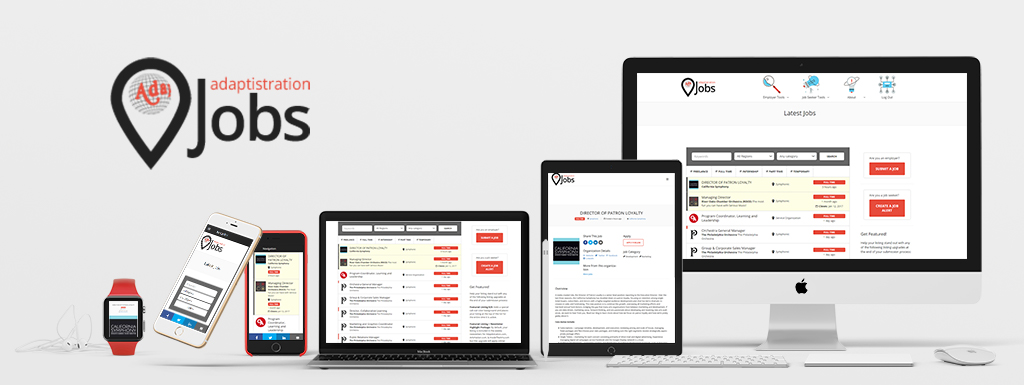The Oregonian’s classical music critic, David Stabler, posted a fascinating rant on 3/5/2009 about orchestras, musicians, and recording rules. As it turns out, David’s post inspired some readers to send in some intriguing email messages about that blog post which grew into an interesting exchange about the value of orchestra recordings in the new economy (or if you watch CNN, what appears to be the fall of capitalism). Back in July, 2008 I posted an article which touches on this very subject but never really followed up on it as I should have…
Fortunately, the email discussions I’ve been having as a result of David’s blog post all seem to circle around to the same question: what is the real value of recordings?
Consequently, I’ve put together a little poll with answers based on the most common perspectives articulated by those I’ve been communication with (which includes managers, musicians, and patrons) and I’m curious to see what everyone else thinks. Keep in mind, this is a terribly complex series of issues and this casual little poll is by no means an attempt to oversimplify any of those discussions. Instead, I hope those inclined will take advantage of the blogging format and offer a thoughtful opinion (or several) in the form of a comment explaining what you think and why.
[poll id=”7″]
In the meantime, Oregon Symphony Orchestra Assistant Principal Viola and culture blog author, Charles Noble, has jumped head first into the shallow end of poll that is orchestra recording agreements in two blog posts. The first breaks the surface of the water by responding to David’s blog post and the second examines the variety of recording agreements currently in play (no pun intended and kudos to Charles for taking advantage of info compiled by his colleagues across the country).



Drew, thanks for the poll on this complex and very relevant issue.
One box I wanted to check off: something like, extending the orchestra’s reach, serving people around the world who will never have the chance to buy its concert tickets and hear it live, or serving people who just don’t go out to live concerts, but love classical music.
Cheers,
Maryann
An interesting perspective Maryann, and one that likely overlaps some of the issues above.
The main thing to know about recordings as regards revenue is that digital downloads-admittedly of varying quality- are the new reality.
First there was iTunes, which I do not use. Then, there was Amazon, which I use extensively. Both are slick and both are setting the benchmarks as to what things are worth and what people will pay. That is the way it is.
I personally got two recording companies to put material into mp3 at Amazon rather than seeing them wind up in torrent downloads. I was at first told no way. Then no way turned into getting it done in less than 48 hours.
The music industry cannot hide from its own truth.
I personally support living composers. That is my bag. Others can choose their own interest.
Artists need to make money. Very often, and in many places, concerts and attendance are problematic for various reasons, costs, time, whatever.
Even a major critic told me he rarely attends live concerts because of costs and time.
So, recordings are as important as ever.
I believe recordings are how we document the musical aspects that comprise the vast legacy of western civilization left to us. It is an ongoing, never-ending endeavor. That there may be commercial value in them as well is merely icing on the cake.